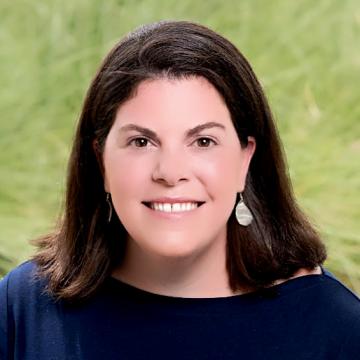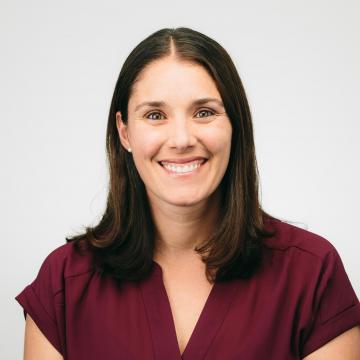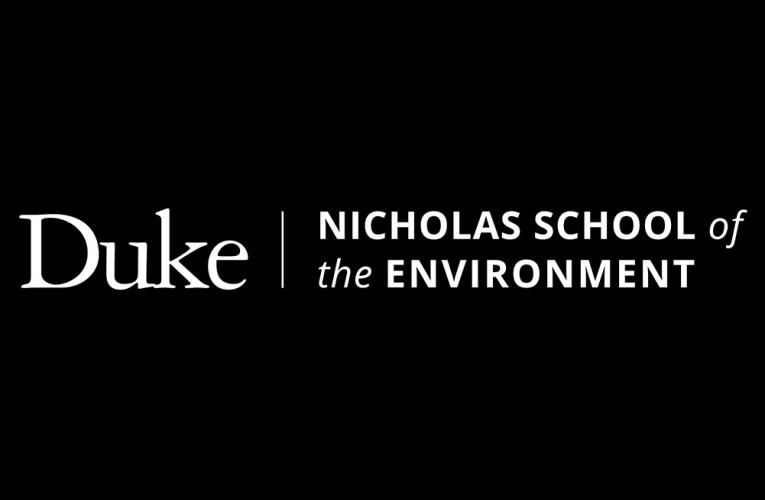The Community, Culture & Belonging Council is a volunteer group of faculty and staff from across the Nicholas School of the Environment who come together to foster and advance community, culture and belonging.
The Community, Culture & Belonging (CCB) Council functions to:
- cultivate a sense of belonging in the Nicholas School to help our community evolve within the current climate;
- listen, amplify, advise each other and the Associate Dean of DEI on ideas, experiences and concerns of the NSOE community including students, faculty and staff;
- propose and facilitate interventions to address new/acute community issues as needed; and
- provide space to support members’ work in DEI.
Resource List & Organizations with a Diversity Focus
Student Groups
Nicholas School Student Groups
Student groups are open to all current students
- Black and Latino Club (BLC)
- Diverse and Inclusive Community for the Environment (DICE)
- Environmental Justice Network
- Nic Queer Network (NQN)
- Working Group for the Environment in Latin America (WGELA)
Explore Nicholas School Student Groups
Duke University Student Groups
- Asian American Alliance
- Black Graduate and Professional Student Association (BGPSA)
- Bouchet Society
- Duke ASL
- Duke Disability Alliance (DDA)
- DukeOUT
- Duke Student Veterans Association/ Student Veterans of America
- Duke University Chinese Students and Scholars Association (DCSSA)
- Graduate Student Parents at Duke
- Hurston-James Society
- Latin American Student Organization (LASO)
- Muslim Students Association (MSA)
- Native American Student Alliance (NASA)
- Out in Science, Technology, Engineering, and Mathematics (oSTEM)
- Women in Science & Engineering
Duke Campus Resources
- Center for Gender & Sexual Diversity
- Center for Multicultural Affairs
- Center for Muslim Life
- Counseling & Psychological Services (CAPS) Equity & Social Justice Service
- International House (iHouse)
- Jewish Life at Duke
- Mary Lou Williams Center for Black Culture
- Office for Institutional Equity
- Office of Student Conduct
- OUTDuke
- Women’s Center
Professional Organizations
- American Association of Blacks in Energy (AABE)
- Association for Women in Science (AWIS)
- Center for Diversity and the Environment (CDE)
- OUT for Sustainability
- Society of African American Marine and Environmental Scientists (SAAMES)
- Society of Women Environmental Professionals (SWEP - Triangle Chapter)
Nicholas School Policies on Inclusion
The Nicholas School strives to demonstrate respect and dignity in all of our interactions. It is essential that our students, faculty and staff have the opportunity to learn and work in a safe and inclusive environment.
Anti-Harassment & Sexual Misconduct
The Nicholas School is committed to creating a space that is free from all forms of unlawful harassment, including sexual harassment, sexual violence, and other forms of sexual misconduct, as well as unwelcoming behavior in our community. It is essential that our students, faculty and staff have the opportunity to learn and work in a safe and inclusive environment.
Access & Accommodations
The Nicholas School and Duke University is committed to supporting equal opportunity employment opportunities and reasonable accommodations for students, employees and visitors with disabilities by providing reasonable accommodations for qualified individuals per Duke’s policies.
The Nicholas School is also committed to creating a space that is free from discrimination based on disability. Our policy abides by Duke University’s anti-harassment policy. Duke has in place explicit and clear prohibitions against harassment. Individuals have the right to come forward with concerns or complaints and Duke Policies prohibit retaliation against them for doing so.
Duke Office for Institutional Equity
We value our strong partnership with Duke's Office for Institutional Equity and its support of our efforts to create a community that recognizes and values the contributions and concerns of all its members, regardless of their race, ethnicity, national origin, religion, sexual orientation, gender identification, physical capabilities and other important characteristics of their identity.
Learn More: Duke Office for Institutional Equity






















